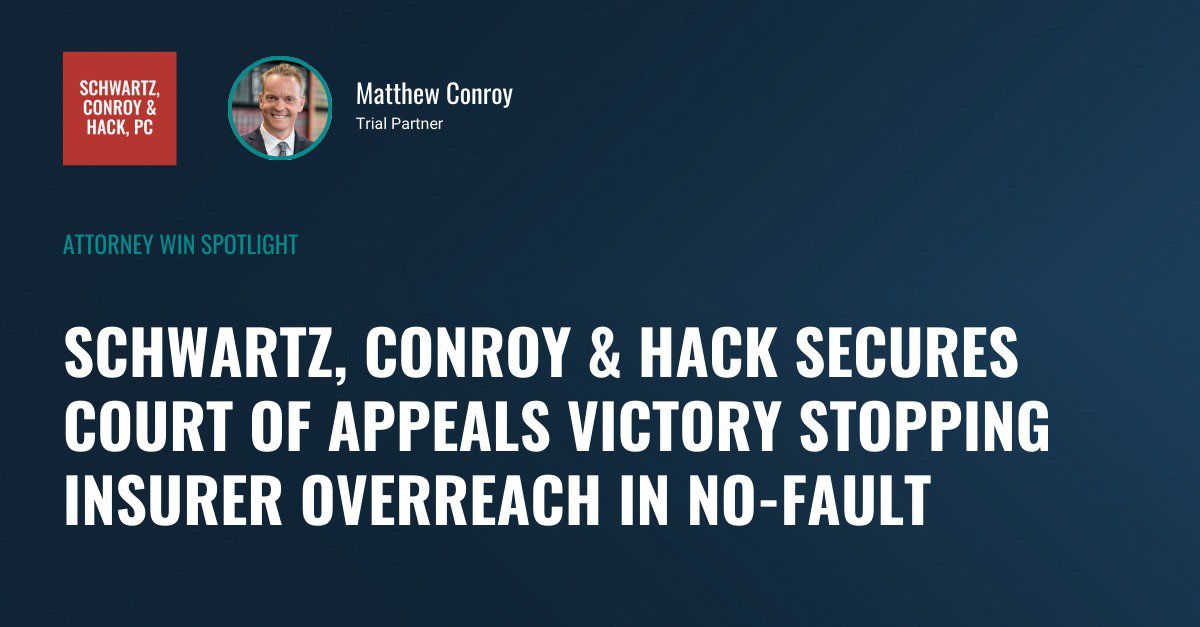I’ve previously blogged about the standard of review issue when courts decide whether ERISA-governed long-term disability benefits have been correctly denied or terminated by an insurance company.
When the insurance company has discretionary authority, the court must defer to the decision of the insurance company, unless they find the decision to be an abuse of discretion, or arbitrary and capricious. What that means in simple language is that if the insurance company’s decision has some rational basis, and even if the judge thinks the insured’s argument is better than the insurance company’s argument, the judge has to accept the determination made by the insurance company, and the insured loses.
In a very recent case that we just obtained, we were able to strip the discretionary authority from the insurance company because it did not follow the required federal ERISA regulatory guidelines during the appeal. Now, the Federal Judge will be able to decide the case on a level playing field and call it like she sees it.
Decided at the end of February, the Federal Judge took away Prudential Insurance Company’s discretionary authority, because Prudential did not—in a timely manner—decide our disabled client’s appeal under Federal Law. When a disabled insured submits an appeal to the insurance company, the insurance company has 45 days to make a decision. They can ask for an extension, but in seeking an extension, they have to provide “special circumstances” (that is the specific language), to justify why they need an additional 30 days to decide the appeal. In this particular case, the court determined that Prudential did not have special circumstances for extending their time beyond the 45 days. Therefore, the judge took away Prudential’s discretionary authority.
Now, our client will get to have her case decided by the judge under a de novo review standard; in other words, the judge will call it the way the judge sees it. So, if the judge thinks we have the better of the arguments, then our client will win. If the judge thinks the insurance company has the better of the arguments, the insurance company will win. In essence, we have leveled the playing field.
In these ERISA-governed cases, many issues like this one can dramatically affect whether or not you, as an insured, are going to win or lose. You need a law firm that knows how to make sure that you benefit from those procedural rules and knows how to level the playing field against the insurance companies.
Evan S. Schwartz
Founder of Schwartz, Conroy & Hack
833-824-5350
[email protected]


